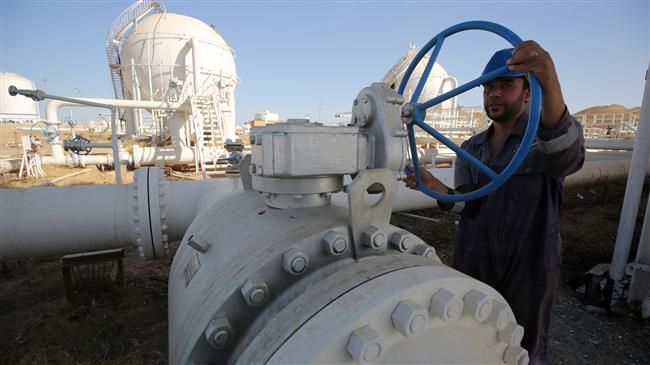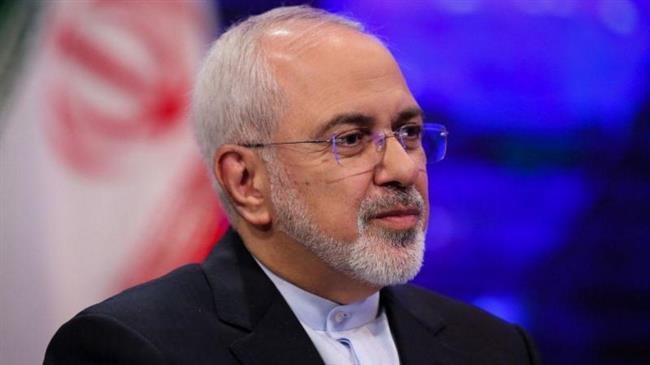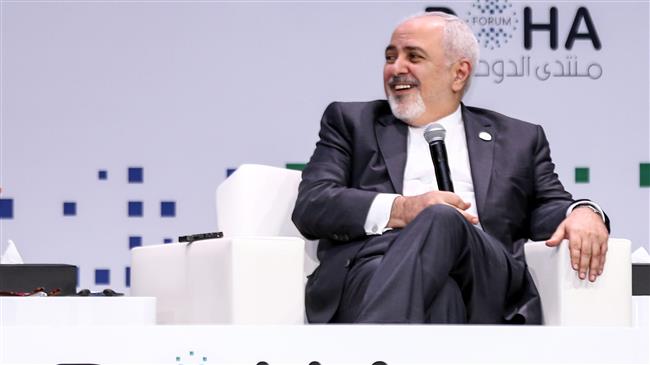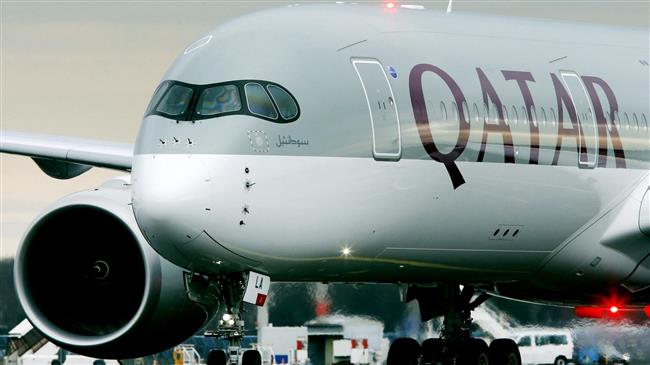Iraq gets 90-day Iran sanctions waiver from Washington
The United States has granted Iraq a 90-day extension to an exemption from sanctions re-imposed on neighboring Iran to keep importing electricity and natural gas and meet its energy needs.
Senior officials close to negotiations, requesting anonymity, said on Thursday that a delegation of Iraqi officials had managed to secure the wavier just as the previous 45-day one expired.
The temporary relief from the sanctions provides additional time for Iraq to determine ways to pay Iran for the imports of natural gas and energy supplies in denominations other than dollar without violating US sanctions.
On December 11, Iraqi Prime Minister Adel Abdul Mahdi said the Baghdad government would send a delegation to the US to explore avenues for a waiver over Iran sanctions.
Hayan Abdul Ghani, head of state-run South Gas Co. (SGC), told reporters on December 6 that Iraq needed at least two years to boost the country’s gas production to stop importing Iranian gas.
“Iraq’s current production of gas is not enough to meet our power stations’ demand and therefore we are still importing gas from Iran. We need at least 24 months to operate new gas projects and start production,” he said.
The US said last month that Iraq could continue to import natural gas and energy supplies from Iran for a period of 45 days as long as it did not pay Iran in US dollars. Sanctions on Iran’s oil sector took effect on November 5.
According to the terms of an agreement struck between Tehran and Baghdad, Iran is to supply 35 million cubic meters of natural gas on a daily basis to the Iraqi capital city Baghdad gradually in three phases, while up to 25 million cubic meters of gas per day is supposed to be exported to the southern city of Basra.
However, there are reports that Iran is currently exporting only 25 million cubic meters of gas per day to Bagdad and only 5 million cubic meters to Basra.
Trade between Iran and Iraq stands at $12 billion, but Baghdad is reportedly under pressure from the US to stop business dealings with Tehran.
Iran is currently Iraq's top trade partner, having sharply increased their trade exchanges in recent months despite US sanctions on the Islamic Republic.
Iranian Ambassador to Baghdad Iraj Masjedi said late last month that the two neighbors planned to raise their trade to $20 billion a year.
“The Iraqis need Iran’s natural gas, electricity, food items and industrial materials. If these exports are stopped, there will be problems not only for Iran but also for the Iraqis,” he added.
‘All wars have rules. All of those rules have been broken’ by Israel
VIDEO | Report flags India’s violation of rights of Rohingya detainees
Turkey's foreign minister meets Syria's de facto leader in Damascus
'Next to impossible' to rescue patients from Gaza's Kamal Adwan Hospital: Director
VIDEO | Vietnam current prosperity
Report blames gasoil exports for shortage at Iranian power plants
VIDEO | Hind Rajab Foundation names Israeli war criminals vacationing after Gaza genocide
VIDEO | Australians rally for Gaza ahead of Christmas festivities

















 This makes it easy to access the Press TV website
This makes it easy to access the Press TV website